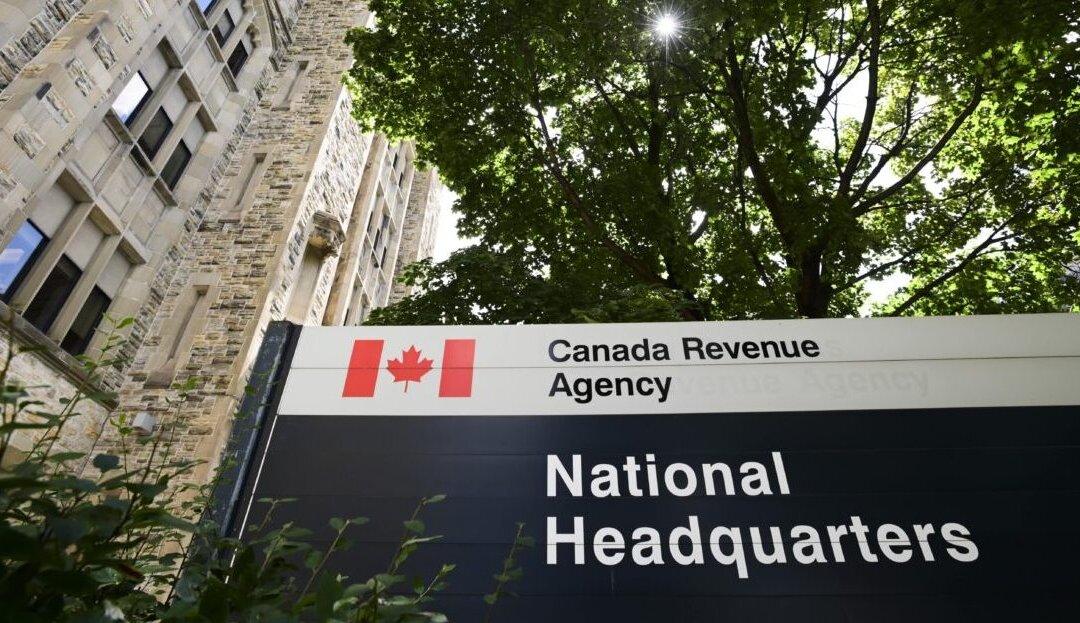The potential strike by Canada Revenue Agency (CRA) workers “poses a threat to small businesses,” as they rely heavily on CRA for guidance needed to file their taxes on time, says the Canadian Federation of Independent Business (CFIB).
CFIB called on CRA to delay tax deadlines so businesses don’t receive penalties and interest for filing late.





